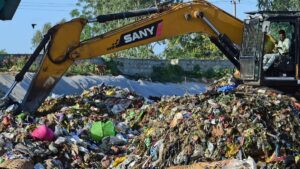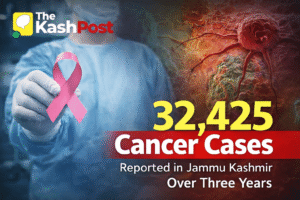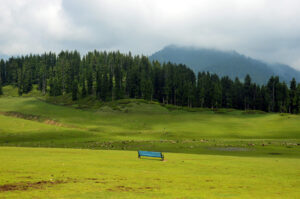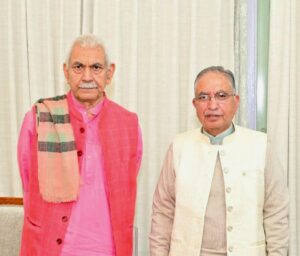Normalcy returns in Kashmir as tourism revives after Pahalgam incident
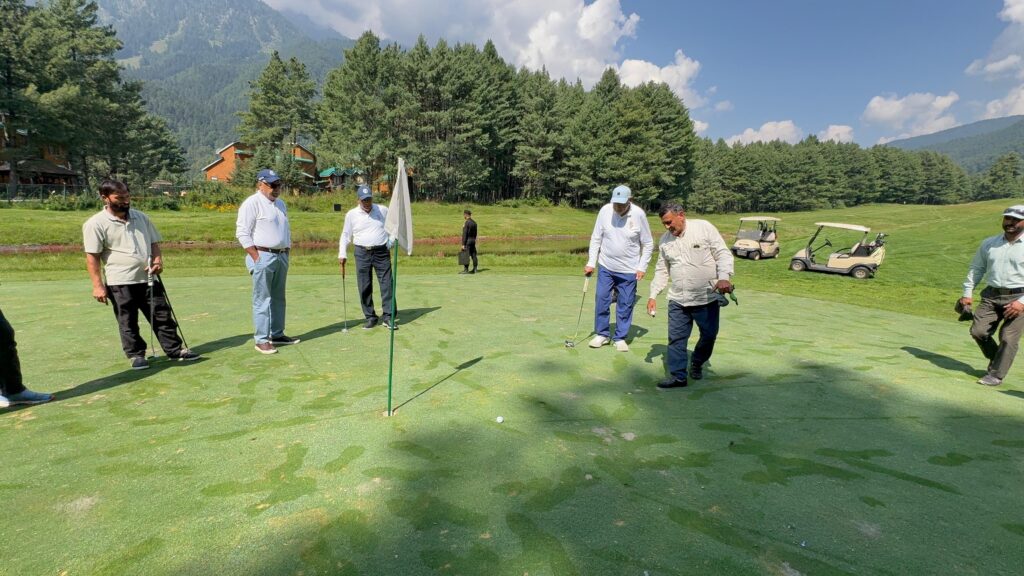
J&K National Conference President Dr Farooq Abdullah on Saturday said that normalcy has returned to the Valley following the Pahalgam attack, which had dealt a major blow to the tourism sector.
He said the April 22 massacre spread fear among visitors, badly hurting an industry that sustains thousands of families in Kashmir. “Tourism is vital for the Valley. From the poorest to the richest, everyone benefits from it. The earnings of six months keep people going through the winter,” Abdullah noted.
Highlighting efforts to restore confidence, he said Chief Minister Omar Abdullah had reached out to tour operators in Kolkata, Ahmedabad, and Chennai to invite tourists back to J&K. “A golf tournament has also been organised to show that the situation here is safe and much better now,” he added.
Farooq Abdullah appealed to people across the country to visit Kashmir and experience its traditional hospitality. “The situation is good now. Everyone stood united against the incident. I urge people to come and enjoy the beauty of Kashmir,” he said.
Welcoming initiatives aimed at projecting normalcy, he said such steps send a positive message. “It is good that our friends are promoting events, including the golf tournament, so that people know conditions are improving. Come and enjoy our hospitality,” he remarked.
On the long-pending demand for restoration of statehood, Dr Farooq expressed cautious optimism. “God willing, we hope this will happen. Delhi will pay attention to it. The Prime Minister will see the aspirations of the people of Jammu and Kashmir to have their statehood restored,” he said.
Responding to questions about periodic disruptions in the Valley, including controversies around the Waqf and the Doda incident, Abdullah said such challenges have been part of Kashmir’s history. “These things will continue to occur; we have suffered since 1947. This is not a new phenomenon, but we must come out of it. Nothing is static. I hope conditions improve here. Our leaders must understand that to make things better, we must also pay heed to the aspirations of our people,” he added.


